
Super PACs are Using Loopholes to Evade the FEC
Super PACs are coming up with some clever ways to hide donor information. Others are ignoring campaign finance law completely.
A common tactic is to withhold spending until just before an election. That way, reports on who financed the group aren’t due until after the election is over. These so-called “pop-up super PACs” gather pledges for donations and plan out spending ahead of time so they can jump into the race at the last minute.
According to the Campaign Legal Center, at least two dozen super PACs that spent over $1 million in recent elections used loopholes to avoid revealing their donors until the elections were over.
“It’s a sign that political operatives see more risk in revealing the big-money meddlers in congressional elections than in pushing the boundaries of campaign finance law – and many of the groups pushing the boundaries are aligned with Democrats, the party most associated with complaints about undisclosed ‘dark money’ affecting elections,” notes Politico.
Highway 31 PAC
In 2017, Highway 31 spent more than $4 million supporting Alabama Democrat Doug Jones’ campaign against Republican Roy Moore.
In its pre-election report to the FEC, Highway 31 reported debts to its vendors but no donors. After the election, we found out Highway 31 was funded largely by the super PAC connected to Senate Minority Leader Chuck Schumer.
Ohio First PAC
Following in Highway 31’s footsteps is Ohio First, which is currently supporting GOP Senate candidate Jim Renacci.
The organization, which is registered in Virginia but spending in Ohio, disregarded a key filing deadline for weeks to insulate donors from discovery. The move could incur a fine of up to $17,000 from the FEC, but the FEC has refrained from punishing the group.
If the FEC starts fining super PACs for breaking the law, it’s likely they will pay the fines to keep donor information secret.
“The concern would be that these committees can write off these administrative fines as a cost of doing business and a means of which they can effectively buy their way into anonymity,” explains Brenden Fischer of the Campaign Legal Center.
Red and Gold PAC
Red and Gold has already spent more than $1 million attacking GOP Senate candidate Rep. Martha McSally in advance of the Arizona Republican primary competition to replace outgoing Senator Jeff Flake.
To hide donor information until after the election, Red and Gold simply told the FEC it would begin submitting monthly reports starting September 20th. The election takes place August 28th.
Mountain Families PAC
Like Red and Gold, Mountain Families PAC manipulated its disclosure deadlines to keep its funders secret until after the West Virginia primary on May 8th.
Mountain Families, which spent more than $1.3 million attacking Republican coal baron Don Blankenship, was funded mainly by Senator Mitch McConnell’s (R-KY) Senate Leadership Fund.
McConnell’s super PAC spending was an issue last year when Moore defeated his favored candidate in Alabama. By hiding the source of the funds, McConnell avoided being publicly linked to the anti-Blankenship campaign until after the election.
Author’s Note: This is very dangerous for a democracy, especially with foreign interests trying to influence our elections. But even within our country we need to know the influencers. On the other hand, small contributors might be targeted if the information becomes public. It’s a tough mess that needs to be straightened out.


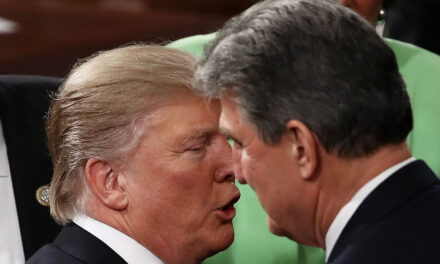
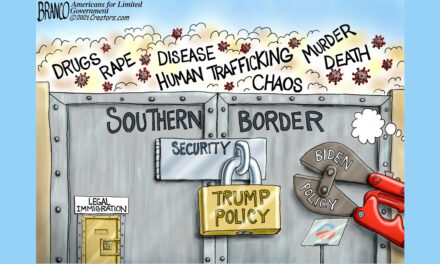
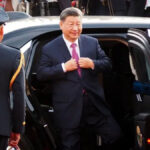

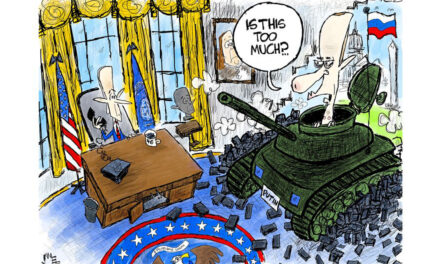





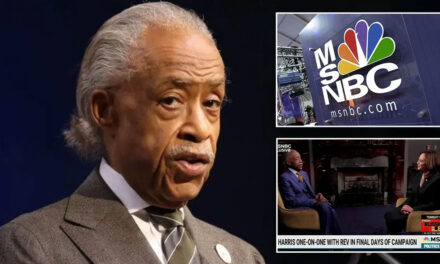

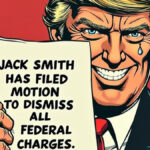

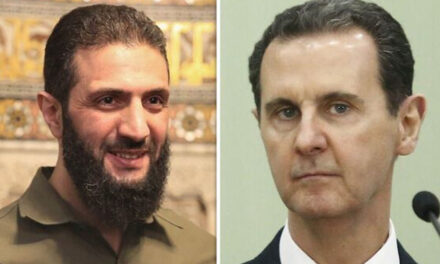

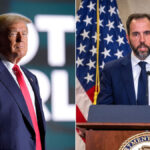

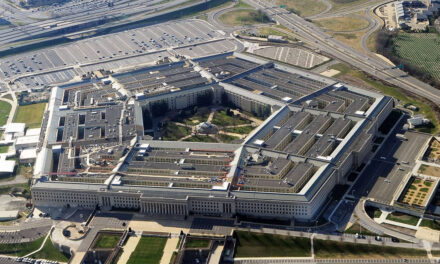





If ya'll say so, E.D., then it must be so. MSNBC vs PBP challenge and compare. Scandals, they pop up…
Whoops, I meant Robert.
I was referring to Roger being mentally unhinged. He's the one that was ranting. Hell, I support Trump. I don't…
Your daughter
I noted in another post that if I were king of the forest....... I would pardon all the non-violent 1/6…